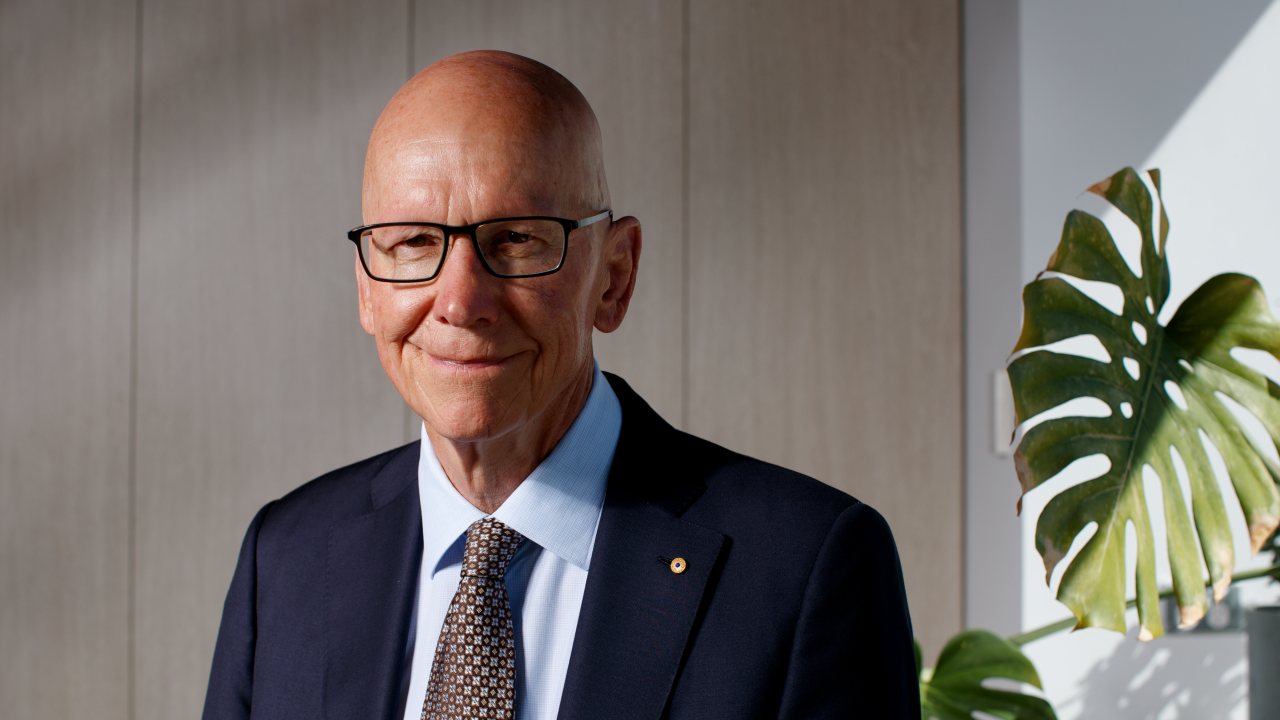Labor’s proposed super tax change will ‘destroy innovation’
Labor’s controversial proposal to tax unrealised capital gains in super accounts will “destroy innovation” and could leave Australia’s tech industry in ruins, a leading fund manager has warned.
The Albanese government’s proposed legislation would mandate Australians pay taxes for gains on assets - such as farms and properties – above a $3m threshold in their super funds, even if they had not realised the return from those assets.
When Labor originally proposed the changes to super taxation, it said the change would only impact 0.5 per cent of the population – or about 80,000 people.
However, the move has drawn fierce backlash from Geoff Wilson, the founder of Wilson Asset Management, who sent a note to shareholders with a stern warning about what the tax plan could mean for small business investment in Australia.
“If you want to destroy innovation, if you want to destroy entrepreneurialism – what is Australia all about? It’s about giving people a chance to have a go and this is what it’s destroying,” Mr Wilson told Sky News' Business Now.

He recalled a discussion with an investor who expressed grave concerns about what the proposed legislation could mean for Australia’s tech industry.
“I was talking to someone that works in a technology hub recently and he said 50-60 per cent of the money that comes into those small technology companies comes from our self-managed super funds,” Mr Wilson said.
“So even though Mr Albanese is correct in terms of the tax only affects a very small number of people in terms paying extra tax, it actually affects every Australian in terms (of the fact) the $4.2 trillion is now going to be not going to be productively invested.
“I actually think it's a disaster.”
In the note Wilson Asset Management sent to shareholders, the fund uses the example of Australian tech start up Canva, a design platform now valued at about US$40b.

Canva achieved this high valuation after 18 funding rounds, but if the unrealised gains were taxed the founders would have struggled to build a strong future, according to the note.
“Under taxing of unrealised gains every funding round would require tax to be paid on a hypothetical valuation,” the report reads.
“Most startups operate with negative cashflow and when capital is raised it is to fund growth, not to provide liquidity to investors.
“Therefore, there is no liquidity to pay tax on an unrealised gain. If this tax is implemented, the Australian Venture Capital industry will be permanently and negatively impacted. Startups will move offshore.”
Mr Wilson warned that Canva would not exist if investors were subject to laws that tax unrealised capital gains.
“If Canva was supported by angel investors in the early days and the money came out of the super funds, then it wouldn't today,” he said.
The Greens have previously called on Labor to lower the threshold to $2m, but Prime Minister Anthony Albanese last week ruled out striking a deal with the minor party on super.
Labor has tried to get the legislation through the Senate multiple times, at one point trying to link it with a bill which would have scrapped debit card surcharges and reduce surcharges on credit cards.
However, it was still opposed by Senators David Pocock and Jacqui Lambie, who joined forces with the Coalition to defeat the proposals.
Add your comment to this story
To join the conversation, please log in. Don't have an account? Register
Join the conversation, you are commenting as Logout
Disclaimer: Investing carries risk. This is not financial advice. The above content should not be regarded as an offer, recommendation, or solicitation on acquiring or disposing of any financial products, any associated discussions, comments, or posts by author or other users should not be considered as such either. It is solely for general information purpose only, which does not consider your own investment objectives, financial situations or needs. TTM assumes no responsibility or warranty for the accuracy and completeness of the information, investors should do their own research and may seek professional advice before investing.
Most Discussed
- 1
- 2
- 3
- 4
- 5
- 6
- 7
- 8
- 9
- 10